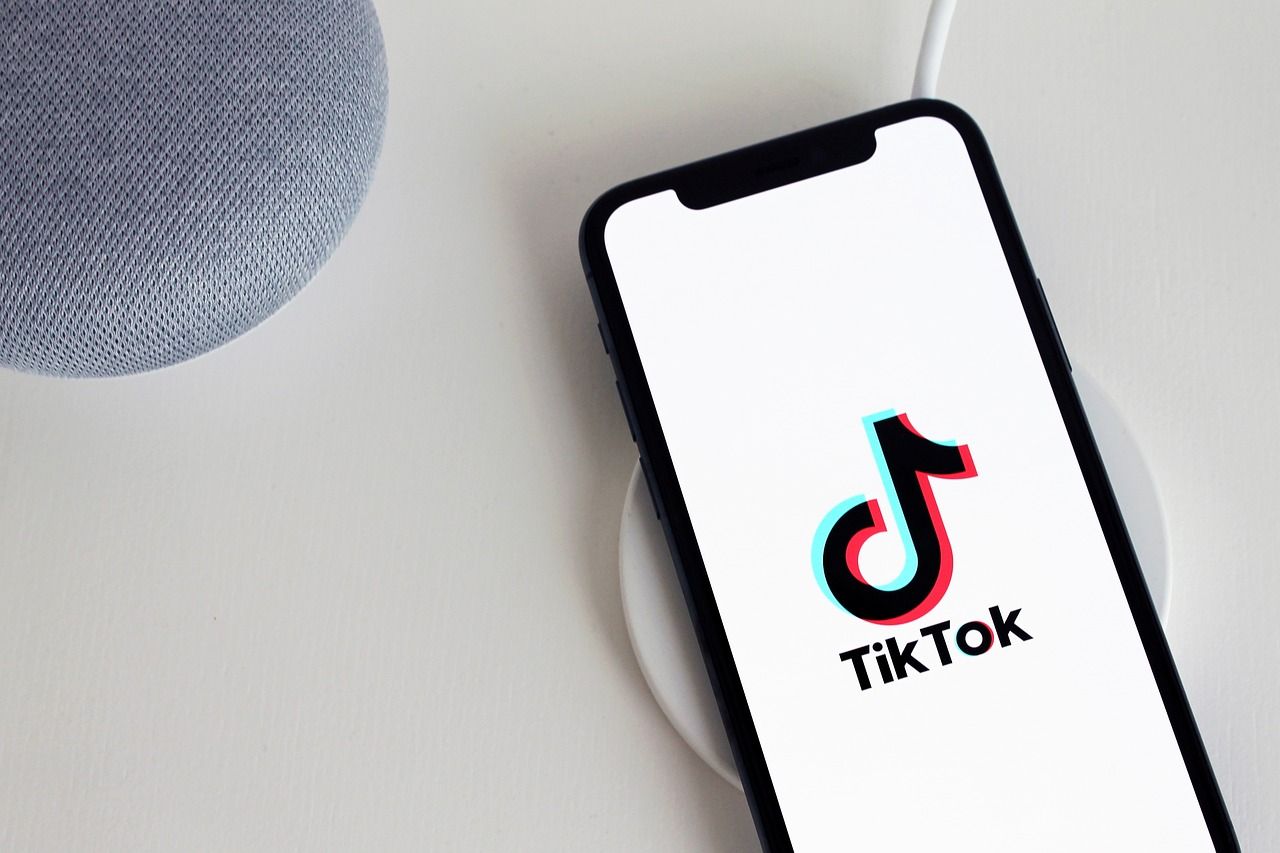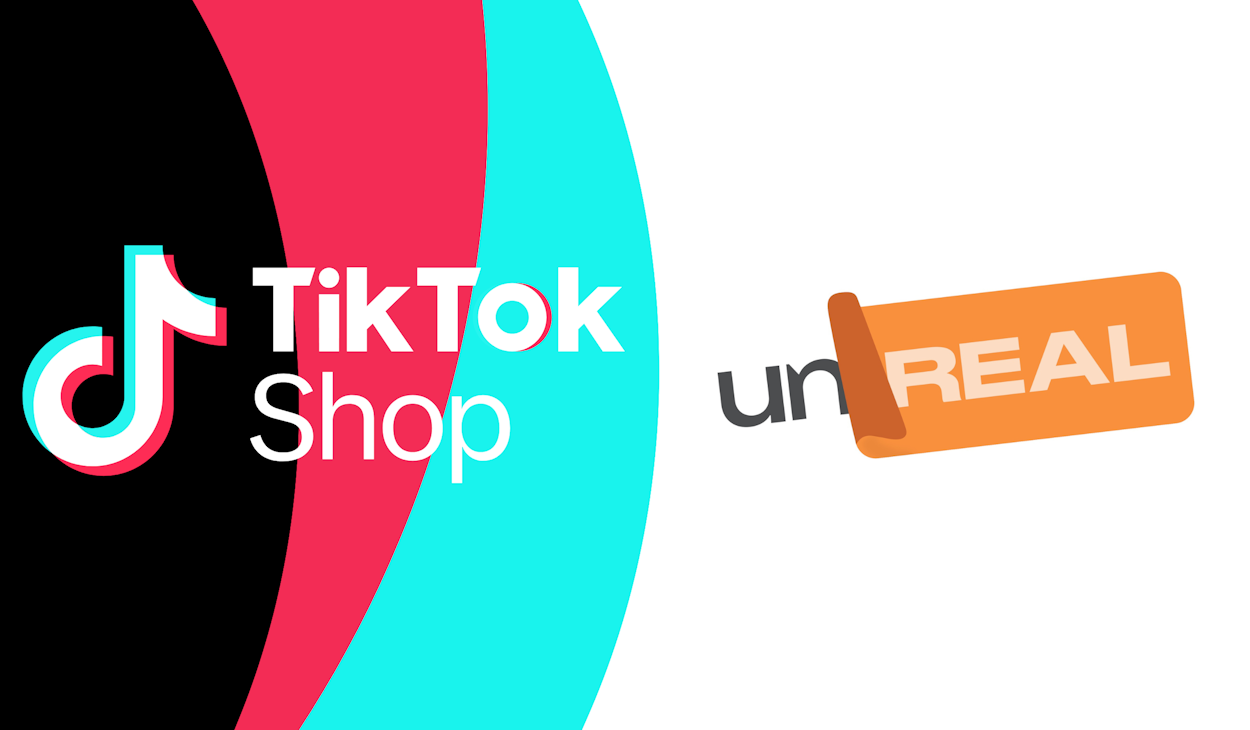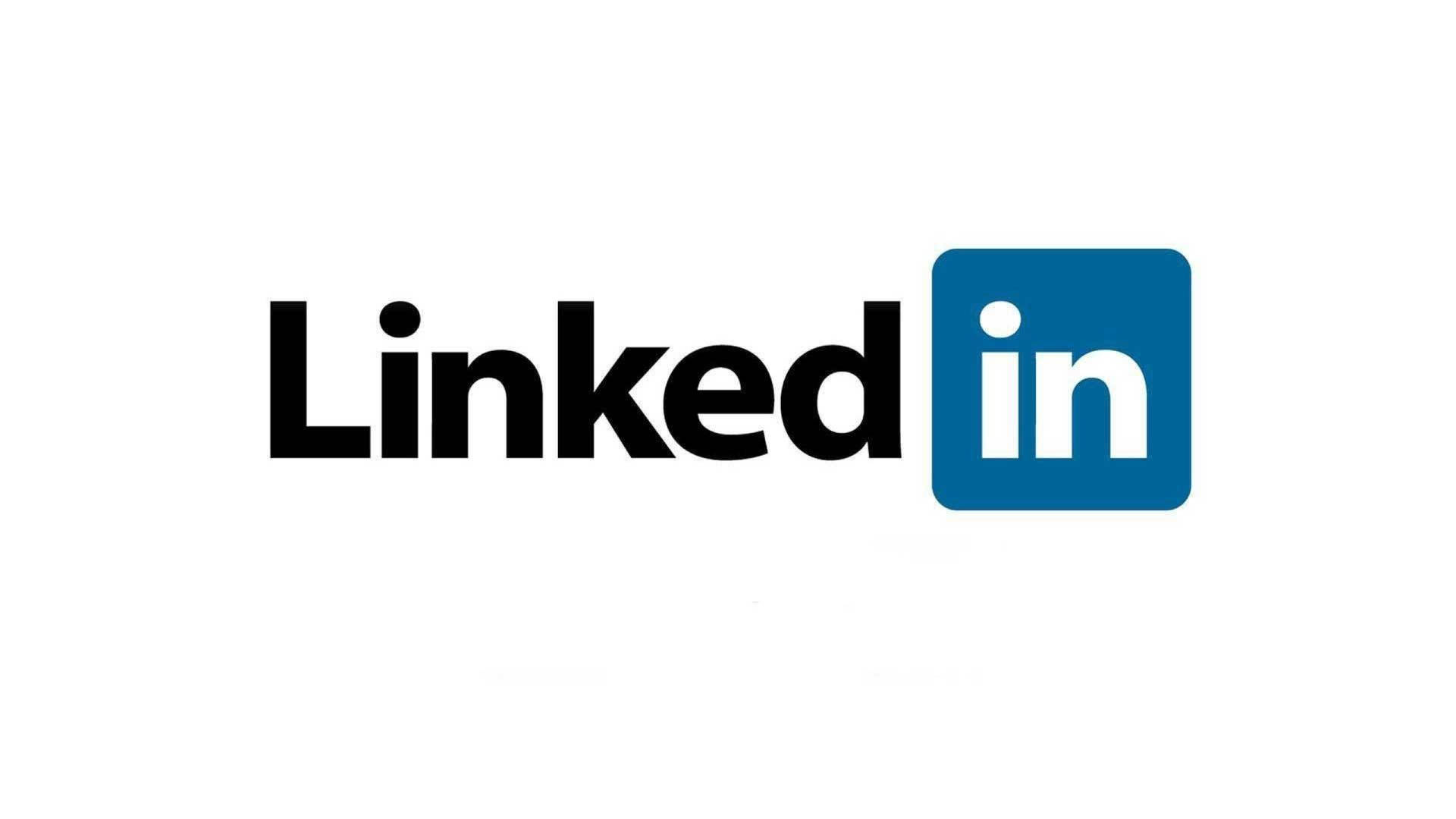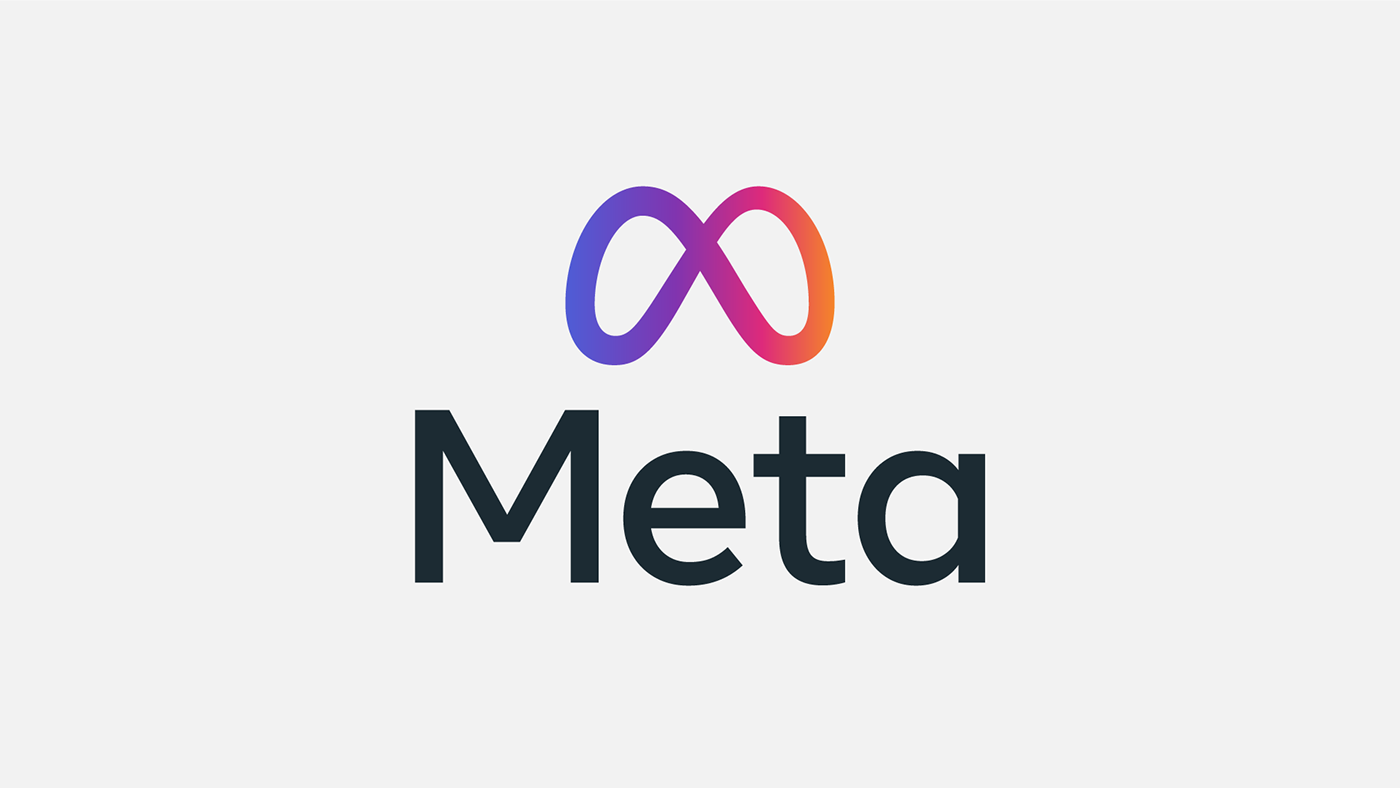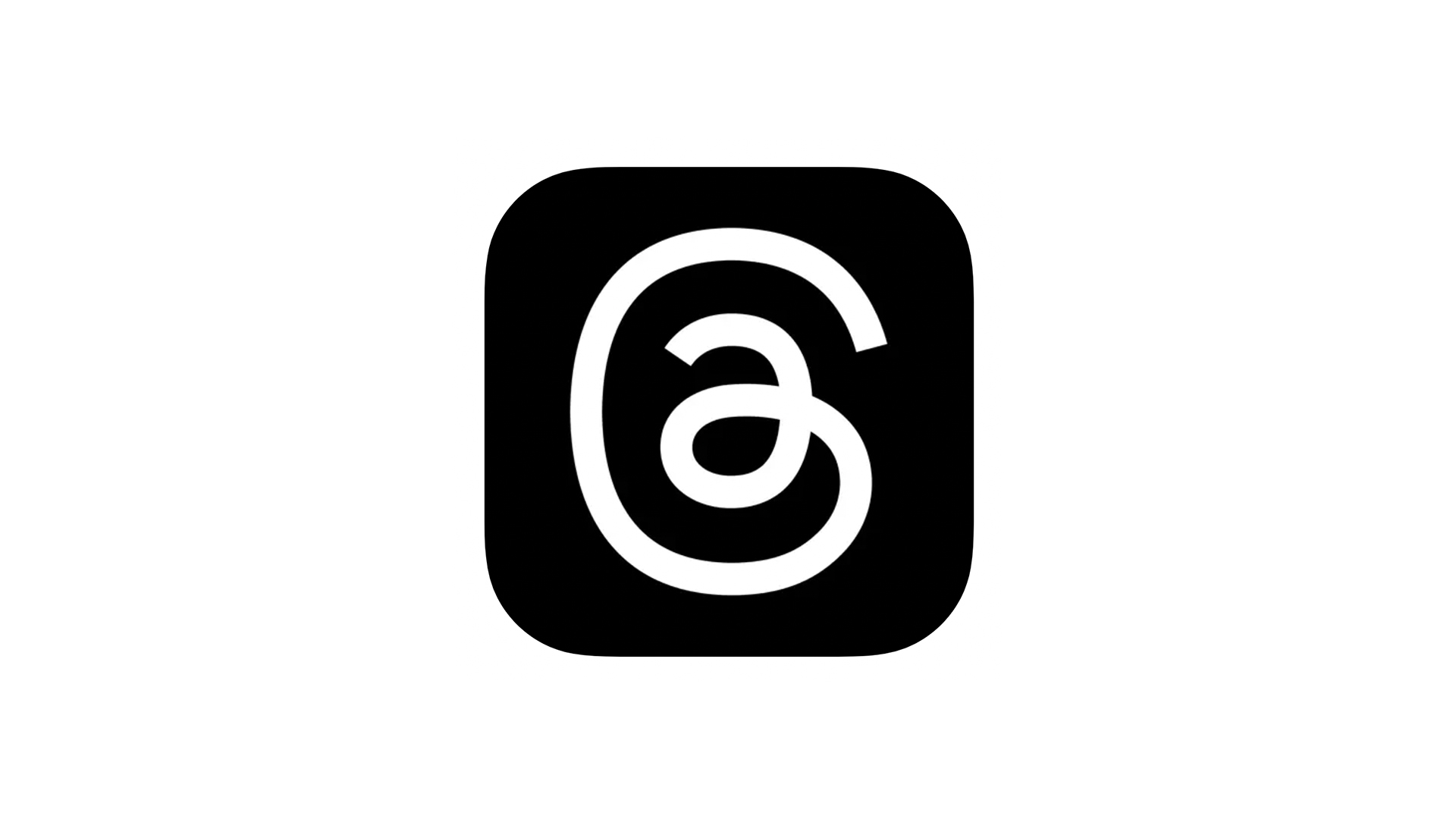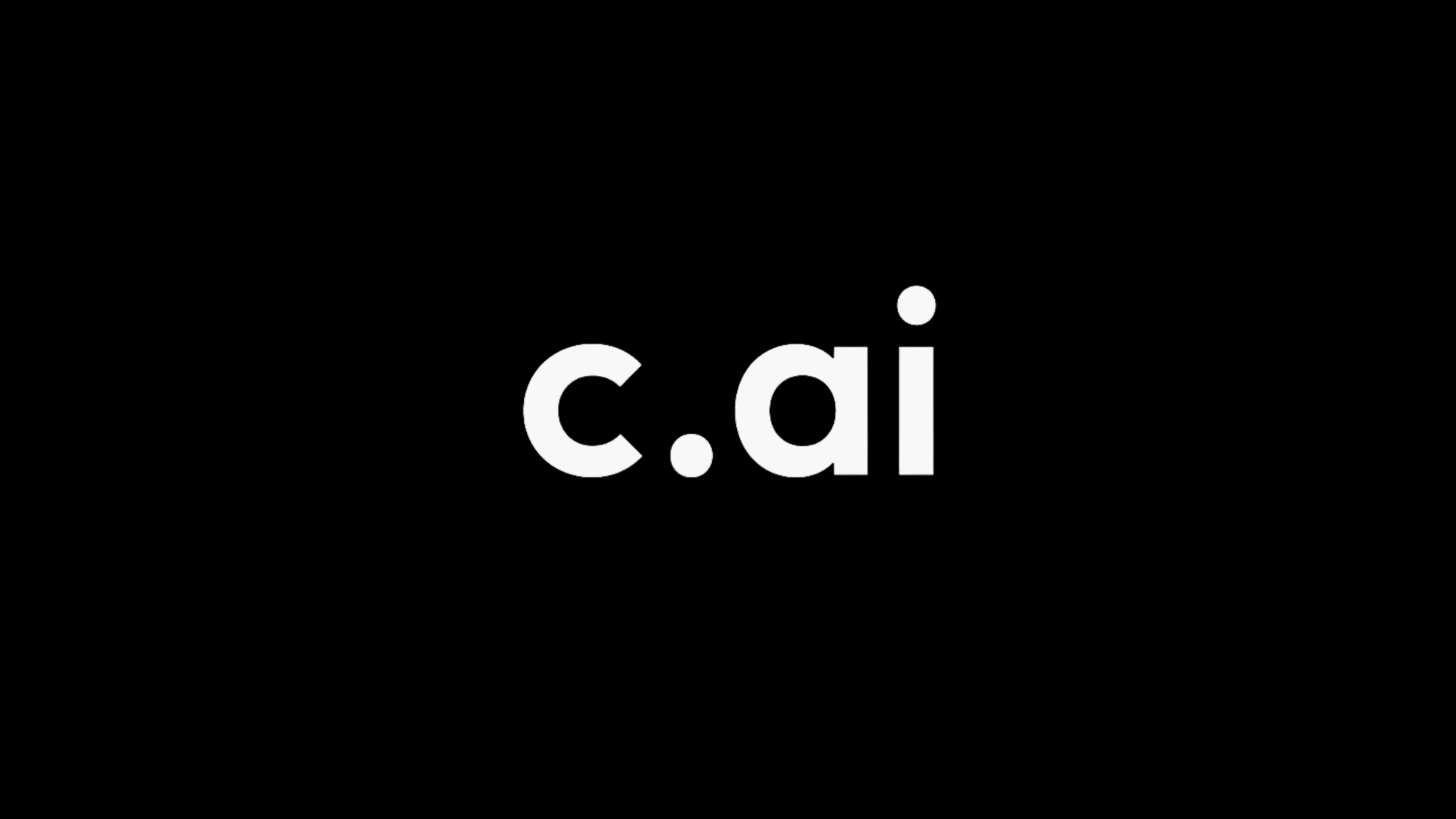Chinese officials have reiterated their firm refusal to permit the sale of TikTok’s core algorithm to the U.S., marking a key escalation in the ongoing standoff over ByteDance’s short-form video platform. Leveraging a statement through state media, Beijing emphasized that transferring such proprietary technology would conflict with existing export control regulations and national security interests. This, naturally, hightens the chance of TikTok’s partial ban ending up as a full ban within the United States.
This declaration arrives as a critical backdrop – the U.S. government continues to push for the divestiture of TikTok’s U.S. operations, including the recommendation algorithm, under national security concerns. Commerce Secretary Howard Lutnick has cautioned that the app will be forced offline if a deal cannot be secured by China’s approval. The algorithm is regarded as TikTok’s “secret sauce”, a powerful part of why the platform has been so effective at hooking users – and something that other companies clearly want access to.
Part of the objection to sell comes from the fact that the White House launched its own official TikTok account, despite claims that the app is a national security threat. The initial ban was set for 2020 and was delayed several times, with the current extension subject to end midway through September – and this time, patience may have run thin and the platform may finally see its full ban come into effect.
While it’s not clear what will happen when this extension runs out, there is a good chance that it won’t simply lead to another extension like in previous years. TikTok may end up finally being unable to operate in the U.S., taking one of the giants of social media with it – and leaving a gap that many, many apps may move to capitalise on.



